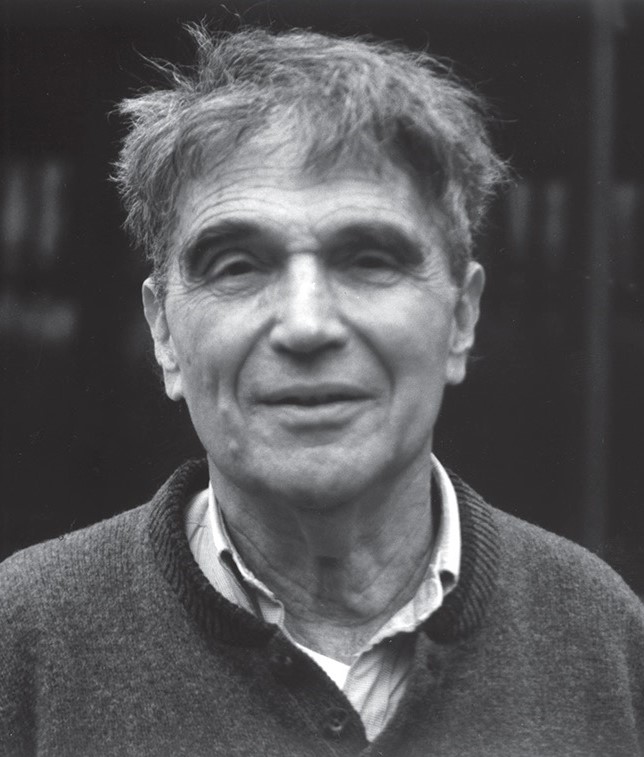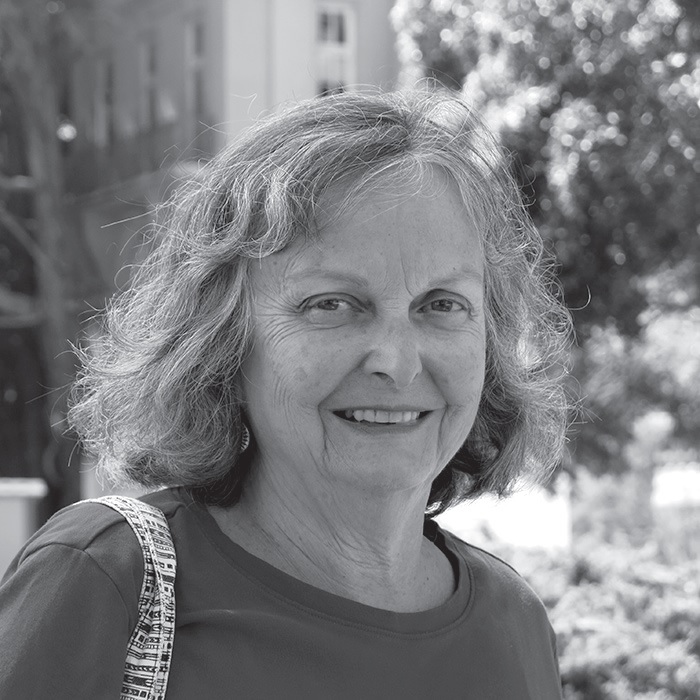Dr. Karen Kinsell: Making Health Care Happen in the Deep South


The only MD in the entire county, tending to the health needs of some 3,600 people. Her patient pool includes many destitute individuals, some of whom cross state lines from nearby Alabama to seek care.
Dr. Karen Kinsell ’93
- Primary Care Practitioner
- Master of Public Health
Our final spotlight on renown graduates of Columbia University’s Vagelos College of Physicians and Surgeons is about Dr, Karen Kinsell (class of ’93)—a primary care practitioner committed to community care in the deep south.
Peter Wortsman has written a short post about his experience profiling Dr. Kinsell. You can read more about her life’s work in pages 194-201 of The Caring Heirs of Doctor Samuel Bard: Profiles of Selected Distinguished Graduates of Columbia University Vagelos College of Physicians and Surgeons.
• • • • • •
> After studying nutrition and running two women’s shelters just off Times Square, to make a lasting difference in people’s lives Karen Kinsell decided to pursue a career as a primary health care practitioner in place where she’d be needed most. “I wanted to practice in an underserved area,” she said, “in a place so ‘sorry’ they didn’t even know they needed me.” The place she selected is Fort Gaines, in Clay County, Ga, the most medically underserved county in the state, where she sees patients in her office, a converted Tasty Freeze ice cream stand, charging $10 a visit if you can afford it and nothing if you can’t. The profile is based on the unforgettable experience of shadowing her in her practice, with the patients’ permission, witnessing primary care at its best. “You have to figure everything out for yourself. Well, heck, if I had an X-ray machine, it’d be pretty easy, wouldn’t it? To make an accurate diagnosis without any labs or high-tech equipment, and no second opinion from somebody down the hall, that’s the primary challenge. From a professional standpoint it’s an ongoing test of your medical skills.” As per her own assessment: “I think I make a difference here. If I left, they would be in pretty bad shape.” The then newly elected mayor of Fort Gaines, incidentally also Dr. Kinsell’s former receptionist and one of her devoted patients, Tirena Kenyon, concurred, comforted somewhat to learn that the interviewer from New York had come to write a story about the doctor, not to lure her away.
“POVERTY COLORS YOUR EXPECTATIONS OF WHAT LIFE SHOULD BE LIKE.”
“In most cases you’re not discovering multiple sclerosis,” she says of her day-today practice. “Most of it is figuring out how you can treat whatever your patient walks in with in a way that’s actually feasible. And that’s where you need to get clever about how to get people medications they’re not going to be able to pay for.” Her commitment to her patients includes helping them apply for prescription assistance plans with major drug companies. Her abiding concern is, “How do you actually make the care happen?
“Of course, you have to be able to smell how sick your patient is, to know if he or she requires a different level of care, like treating upper lobe pneumonia. You don’t want someone waiting in your office for two hours who really needs to see a specialist right away. That’s one of the key challenges of practicing primary care in a remote rural setting!”
Her office walls are decorated with inspirational quotes from Christ, Gandhi, Abraham Lincoln, and the Dalai Lama, among others. “It catches people’s attention and helps them and me get through the day.”
“In some respects medical care is very similar to religion,” she observes. “You go to see somebody dressed in white robes, in a small room, and you tell them all this private information about yourself. There is something in the human brain [. . .] a silent suffering [. . .] that needs to feel . . . acknowledged. [. . .] It’s the second oldest profession, okay?” Dr. Kinsell grins. “Before there was any medicinal arsenal to change the course of biological disease, people still needed to turn to healers, shamans, medicine men. [. . .] A third of all primary care patients are clinically depressed. [. . .] Most of the people who came in this morning would not have died if I hadn’t seen them. You’re trying to improve the quality of their daily life. That’s also what a doctor does.”
Economics, she points out, is also a major factor in medicine. “Poverty causes and complicates so many conditions and diseases. If you’ve had a heart attack, your prognosis if you’re poor is markedly worse. Your ability to afford the medications and take them correctly is compromised.
“Poverty colors your expectations of what your life should be like. I’ve had young people come in, and when I ask them what they’re going to do, they reply dead seriously: ‘Either I’m gonna go to auto-body school or else I’m gonna collect my disability.’ ”
Excerpt from page 199-200 of The Caring Heirs of Doctor Samuel Bard: Profiles of Selected Distinguished Graduates of Columbia University Vagelos College of Physicians and Surgeons. Order a copy of the book, and save 30% with coupon code CUP30 at checkout.






